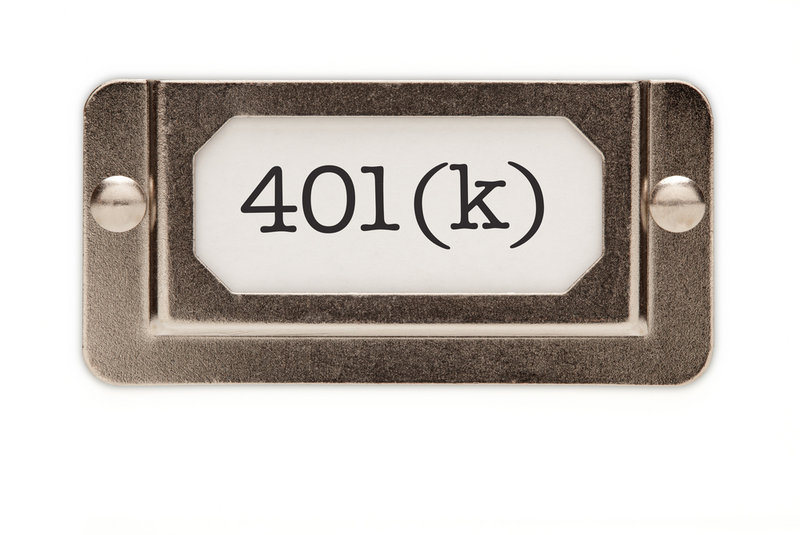ORLANDO, Fla. — After decades in obscurity, the price that U.S. workers pay for the management of their employer-sponsored 401(k) retirement plans is about to be dragged into the light. Still, many people may have difficulty figuring out what the new information means.
When workers with 401(k) or similar investment accounts begin receiving their quarterly statements in a few weeks, many will learn for the first time what they have been paying in “plan-management fees” — charges that, by some estimates, could be costing them tens of thousands of dollars in investment returns during their working careers.
A new federal rule long in the making now requires a plan-administration company to disclose to the employees of its client companies how much has been subtracted from their account balances to pay the firm for managing their retirement plan. Until now, those fees in many cases have been hidden inside the expense ratio reported for each investment fund inside the retirement plan.
The new rule also calls for a description of each service that the plan-management company provides as part of its agreement with the workers’ employer.
“On a personal, emotional level, I like to know exactly what I’m being hit with, in terms of charges and fees,” said Alex Fong of Orlando, a laser-engineering executive. “Even if, at the end of the day, there’s not much you can do if you don’t like it, at least you know — you have the information.”
Experts say workers shouldn’t underestimate the power the new disclosures could give them over their 401(k) retirement plans, even though the plans ultimately are controlled by their employers.
For example, the wider distribution of fee information should motivate employers to prove that their plans are a good deal, or to negotiate better ones if they are not, and to generally exercise their fiduciary responsibilities — a legal term that essentially says they are required to act in the best financial interests of their employees.
“The best part of this rule is that the company executives or those responsible for managing 401(k) plan benefits must take the time to understand the flow of money or the economics of the 401(k) plan,” said Jason Chepenik, managing partner of Orlando-based Chepenik Financial, a planning company that manages 401(k) plans. “The key is this: It’s not the owners’ money; they have only one responsibility, (and) that is to do what is best for the participants at all times.”
It could take employees a while to secure all the information they need to analyze and truly understand the new fee disclosures, these experts said.
Workers may have to take the initiative and ask employers to provide comparisons with other plans’ management fees, so they can analyze the reasonableness of the charges they are paying.
If, for example, the new disclosures on a company’s 401(k) statements note that the plan manager’s fees equal 0.45 percent of assets under management, most employees would lack a frame of reference to help them decide whether those fees are reasonable or too high, said Bryant Kirk, chief operating officer of Newport Group, a Heathrow, Fla.-based retirement-services company that manages savings plans for small and midsized businesses.
And knowledge is only half the battle.
“The challenge for consumers is twofold,” Kirk said. “They will need to understand the fees and whether they are good or bad. Then they’ll need to find a way to effectively provide feedback to the plan sponsor (the employer) to say, ‘Hey, we think we’re paying too much for this.’ It’s up to the plan sponsor to make a change.”
Copy the Story Link
Send questions/comments to the editors.



Success. Please wait for the page to reload. If the page does not reload within 5 seconds, please refresh the page.
Enter your email and password to access comments.
Hi, to comment on stories you must . This profile is in addition to your subscription and website login.
Already have a commenting profile? .
Invalid username/password.
Please check your email to confirm and complete your registration.
Only subscribers are eligible to post comments. Please subscribe or login first for digital access. Here’s why.
Use the form below to reset your password. When you've submitted your account email, we will send an email with a reset code.